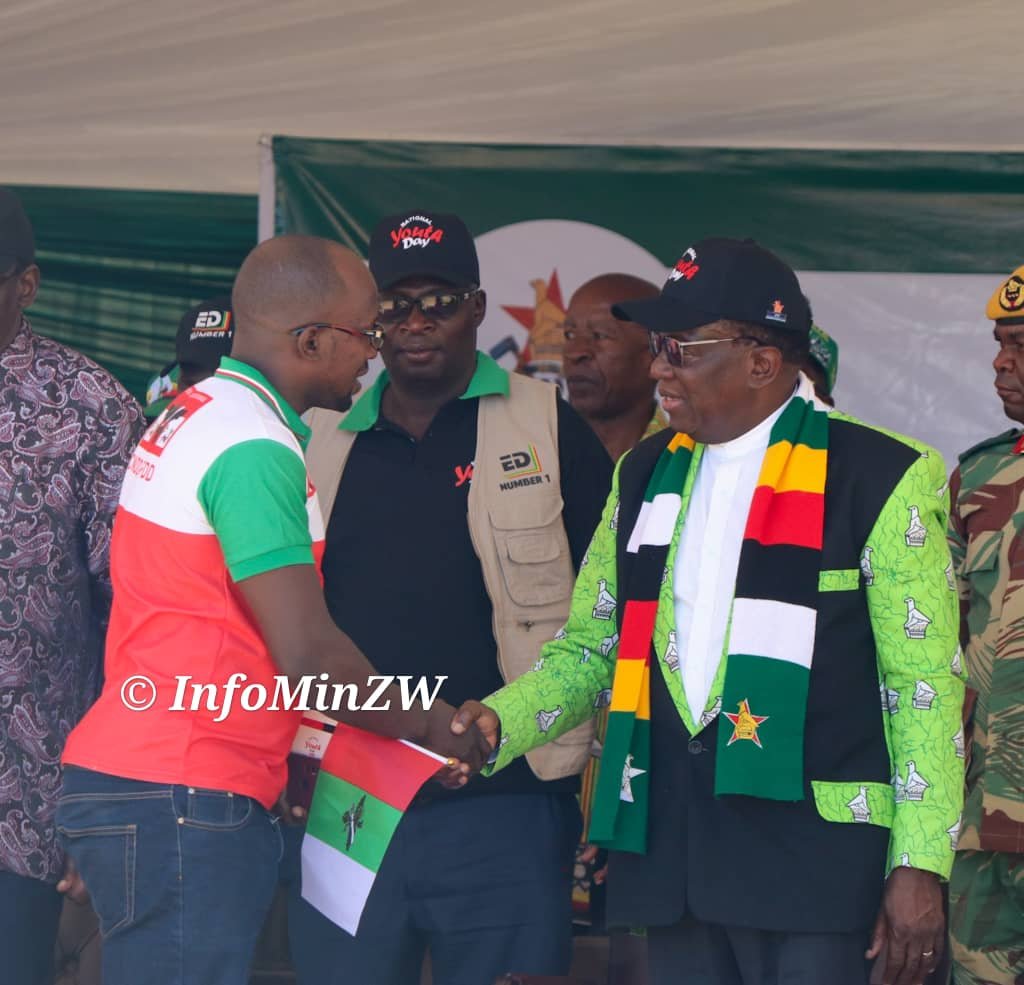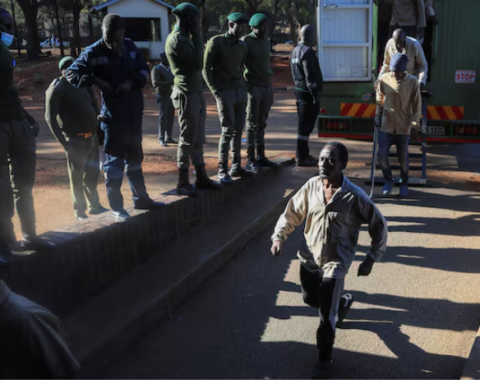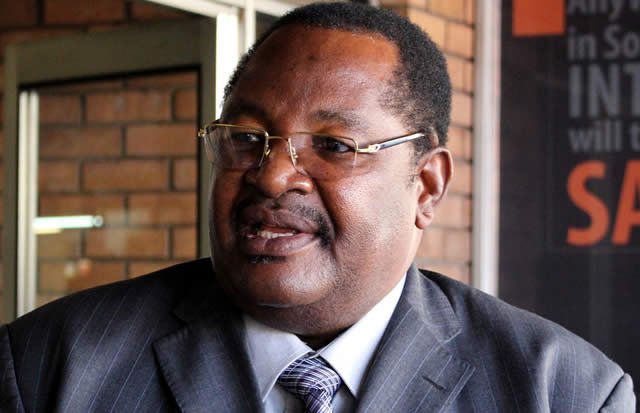In a significant political development, members of Zimbabwe’s ruling party, Zanu PF, have signaled their support for extending President Emmerson Mnangagwa’s tenure beyond the constitutional limit. During a Youth Day celebration in Masvingo, party officials and supporters vocalized their endorsement for Mnangagwa to remain in office until 2030, potentially marking his third term as the nation’s leader.
Bikita South MP, Energy Mutodi, shared on social media that the Zanu PF Masvingo province formally presented the idea of a third presidential term to Mnangagwa at the event, which witnessed widespread enthusiasm from the attendees. The proposal was highlighted with the slogan, “2030 vaMnangagwa vanenge vachipo!” (Mnangagwa will still be there in 2030!), chanted by provincial chairman Robson Mavhenyengwa and echoed by Vice President Kembo Mohadi, signifying a strong push within the party to amend the nation’s constitution to allow for an extended presidency.
Despite Mnangagwa’s current term, his second, set to conclude in 2028, the new slogan hints at ambitions within Zanu PF to secure his leadership into the next decade. The president, acknowledging the slogan during his speech, made a cryptic reference to divine will regarding his tenure’s duration.
Mnangagwa, who rose to power following a military coup in 2017, has made clear his intention to respect the constitutional restriction of a president serving only two terms. Despite his previous commitments to adhere to this limit, recent developments hint at a potential shift in the political atmosphere, with his supporters pushing for him to extend his tenure.
The constitutional amendment necessary for such a term extension faces several hurdles. Under section 328(5) of Zimbabwe’s constitution, a bill to amend the constitution requires a two-thirds majority in both the National Assembly and the Senate. Moreover, section 328(7) explicitly states that any amendment affecting term limits does not benefit an incumbent, necessitating a referendum for such a significant change.
This move has sparked speculation about the future of Zanu PF’s leadership and potential intra-party tensions, especially concerning Vice President Constantino Chiwenga, who is widely viewed as Mnangagwa’s successor. Chiwenga’s supporters might view the push for Mnangagwa’s extended presidency as a direct challenge to his anticipated ascendancy.
The debate over extending Mnangagwa’s presidency underscores the intricate balance between party loyalty, constitutional adherence, and the democratic process in Zimbabwe. As discussions progress, the nation remains attentive to the potential implications for its political future and the principle of democratic governance.








